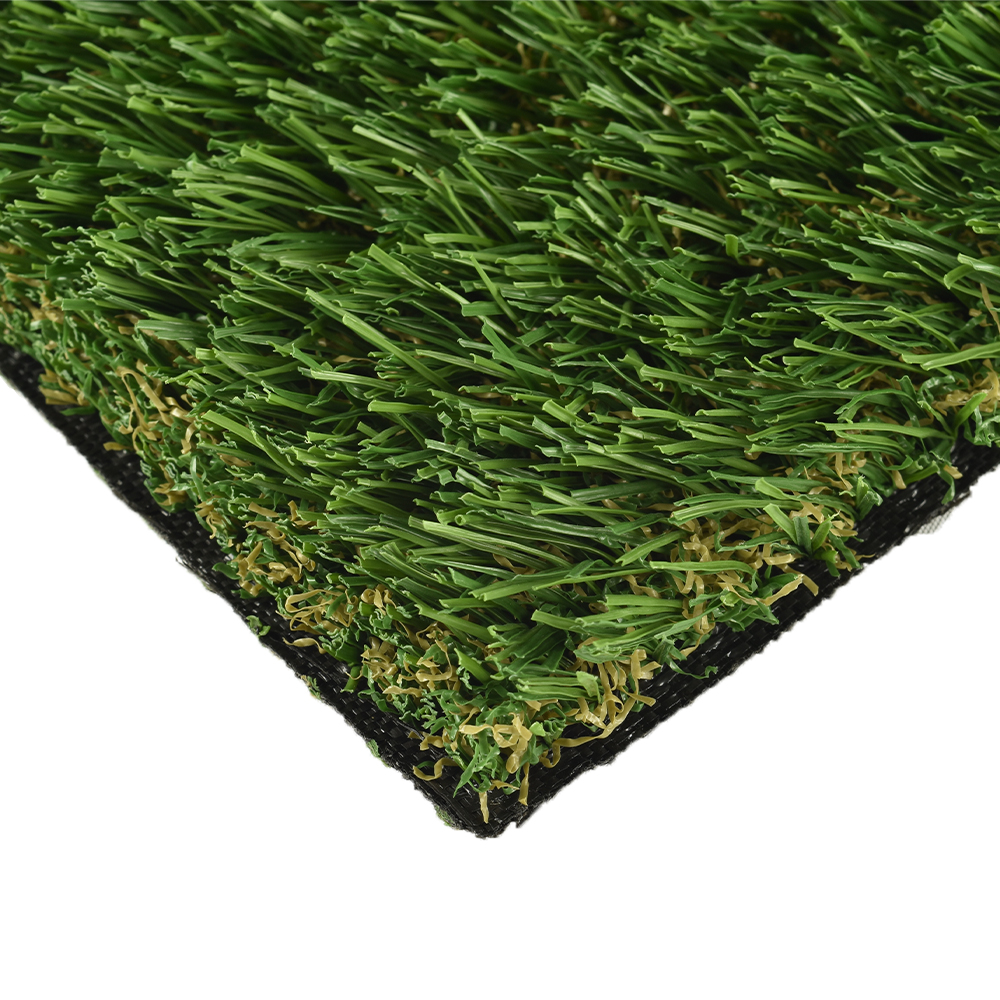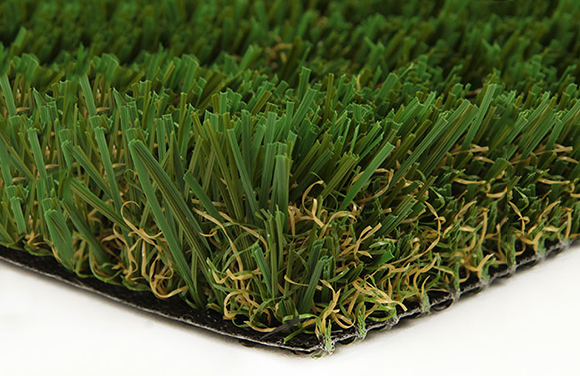Best Phoenix Turf Companies Providing High-Quality Synthetic Grass Options
Best Phoenix Turf Companies Providing High-Quality Synthetic Grass Options
Blog Article
Look Into the Environmental Perks of Opting for Synthetic Grass Solutions
The adoption of man-made grass solutions offers an engaging chance to attend to pressing ecological difficulties. By considerably minimizing water usage and minimizing the application of damaging chemicals, these options not only advertise sustainable landscape design however likewise safeguard local ecosystems. Additionally, the lower carbon footprint associated with reduced maintenance tasks adds to a much more lasting technique to land administration. The implications of these benefits prolong beyond plain conservation initiatives, raising inquiries regarding their lasting impact on habitat conservation and total environmental balance. Discovering these measurements reveals an intricate interplay worth thinking about.
Water Conservation Advantages
One of the most significant benefits of artificial turf is its ability to save water. In contrast, fabricated grass does not need watering, dramatically reducing the total need for water resources.
By eliminating the demand for routine watering, man-made grass contributes to lasting landscape techniques and assists alleviate the environmental influence of excessive water usage. The conservation of water prolongs to the decrease of runoff, which can lead to dirt erosion and waterway air pollution.
Additionally, the installment of synthetic grass enables communities and property owners to allot water resources a lot more successfully, focusing on crucial usages such as alcohol consumption water and farming. The shift towards synthetic grass not only promotes accountable water usage however additionally straightens with broader environmental objectives focused on preserving natural deposits.
As neighborhoods increasingly prioritize sustainability, the water conservation benefits of synthetic lawn present a compelling case for its fostering in residential and industrial landscape design tasks.
Decreased Chemical Use
The change to fabricated lawn significantly decreases the reliance on chemical treatments typically used in natural lawn upkeep. Typical lawn monitoring typically entails the application of plant foods, herbicides, and chemicals to promote development and control pests. These chemicals can pose dangers to human health and wellness, local wild animals, and the setting, adding to soil and water contamination.
In contrast, artificial grass gets rid of the demand for these unsafe substances. By decreasing the release of synthetic substances into the ecosystem, man-made grass advertises healthier dirt and water systems.
Moreover, the lack of chemical runoff connected with artificial lawn installments helps secure regional waterways from air pollution, supporting water life and keeping biodiversity. Arizona artificial turf. As areas progressively focus on lasting practices, choosing artificial lawn offers a practical option that aligns with ecological conservation goals. Through this change, homeowner can appreciate lavish green spaces without compromising environmental wellness, leading the way for a more sustainable future
Lower Carbon Footprint

Additionally, the setup of fabricated lawn can result in considerable water conservation. Natural grass need considerable quantities of water for watering, which not only includes in the official statement carbon footprint connected with water extraction and therapy however additionally strains local water resources. In contrast, synthetic grass needs very little maintenance, requiring no watering, consequently considerably minimizing water usage and its connected energy expenses.
In addition, the long life of artificial lawn adds to its reduced carbon effect. With a life expectancy of as much as 15 years or more, the requirement for constant substitutes websites is lessened, causing much less waste and reduced power intake in production and taking care of typical grass alternatives. In general, synthetic grass presents a lasting choice for environmentally aware landscape design.
Habitat Preservation
Habitat preservation is a crucial factor to consider in the discussion over landscape design options, especially when comparing artificial lawn to natural turf. Natural yard yards commonly need considerable upkeep, including the use of plant foods, herbicides, and pesticides, which can negatively impact local communities. These chemicals can seep right into the soil and rivers, harming indigenous vegetation and fauna and disrupting regional habitats.
Artificial grass removes the requirement for harmful chemicals, consequently shielding neighboring wildlife and maintaining the integrity of surrounding environments. The installment of synthetic grass can lead to the conversion of former lawn locations right into more biodiverse landscapes, such as pollinator yards or indigenous plant locations, which can sustain neighborhood wild animals.
Inevitably, the change to artificial grass not just preserves water and reduces maintenance efforts but also cultivates a much more harmonious connection in between human tasks and the native environment, advertising habitat preservation at the same time.
Long-Term Sustainability
Long-term sustainability is a critical consider reviewing the benefits of synthetic grass over typical yard yards. One of the most substantial benefits of synthetic grass is its toughness; it can last approximately 15-20 years with very little maintenance, whereas all-natural lawn requires regular reseeding and replacement. This long life minimizes the need for constant sources, such as water, plant foods, and pesticides, which are vital for maintaining a healthy and balanced turf yard.
In addition, man-made turf adds to a decrease in carbon discharges connected with lawn treatment devices. Traditional yards usually call for gas-powered mowers, leaners, and blowers, all of which add to air contamination. Arizona turf. In comparison, synthetic grass removes the need for such devices, advertising a cleaner atmosphere
Moreover, the manufacturing of synthetic grass significantly utilizes recycled materials, boosting its sustainability profile. As makers take on green practices, the ecological impact of man-made lawn remains to decrease.

Final Thought
The adoption of synthetic grass options presents substantial environmental benefits, including significant water conservation, minimized dependence on dangerous chemicals, and a lower carbon footprint. Furthermore, synthetic grass help in protecting all-natural habitats by decreasing land disturbance and advertising long-lasting sustainability through using durable products. Jointly, these aspects emphasize the capacity of man-made turf to contribute favorably to environmental wellness and offer a feasible alternative to standard landscaping methods in a progressively resource-conscious globe.
In comparison, synthetic lawn does not need watering, substantially lowering the general need for water sources. By reducing the launch of artificial compounds into the environment, fabricated turf promotes much healthier soil and water systems.
In addition, the installation of man-made lawn can result in substantial water conservation. In contrast, synthetic grass requires minimal maintenance, calling for no watering, consequently dramatically minimizing water use and its linked energy expenses.

Report this page